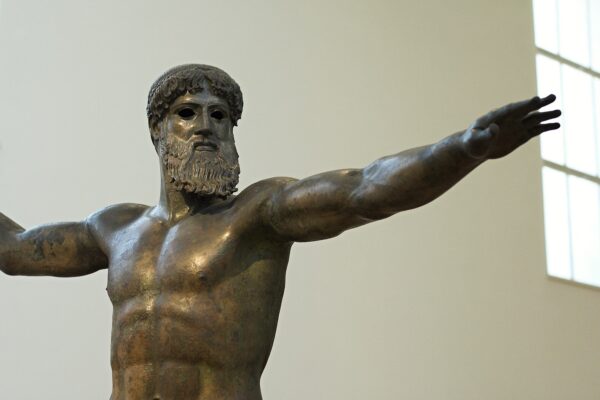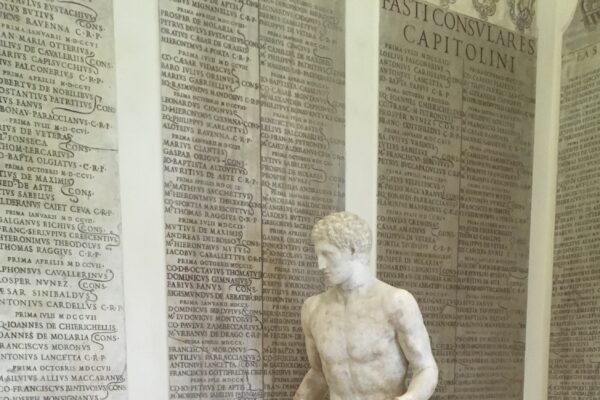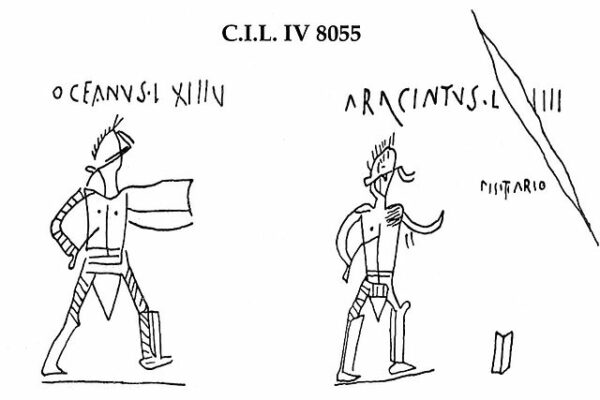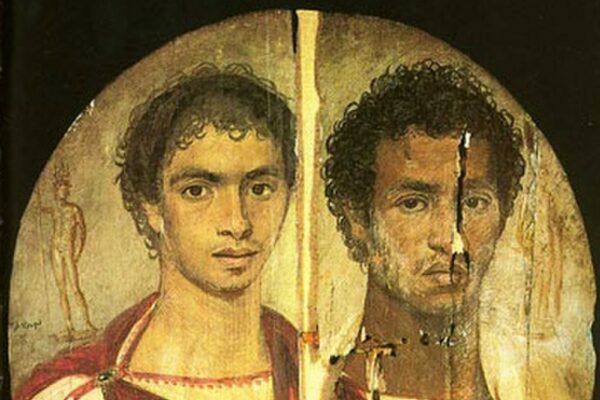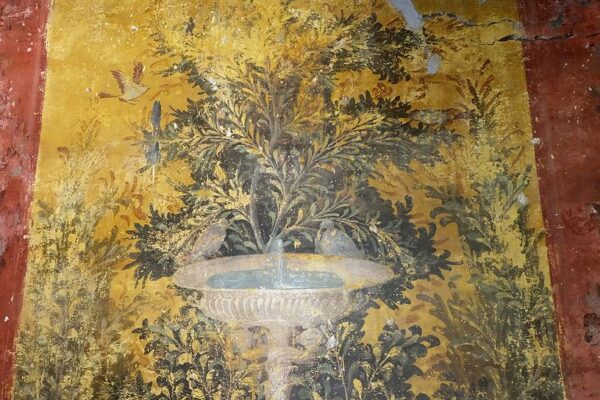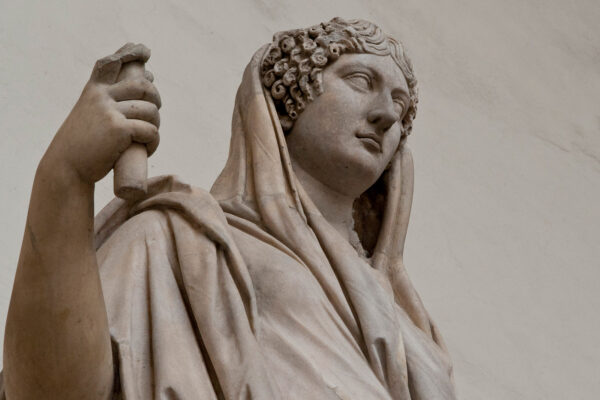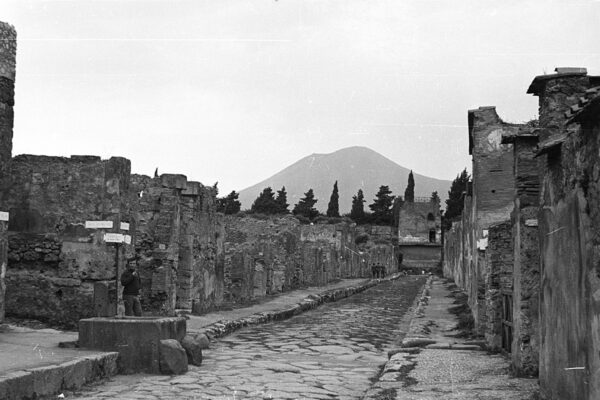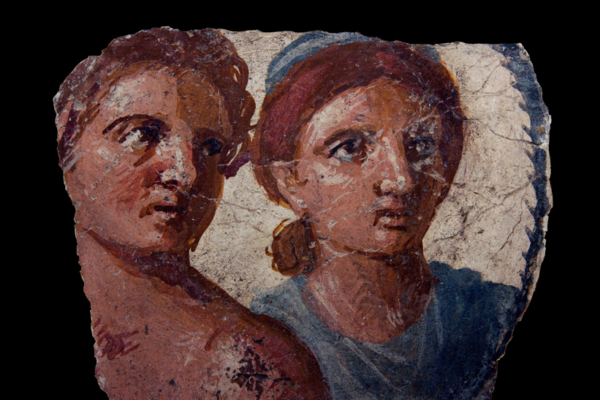Have you ever wondered if mystical forces control your life in ways you can barely conceive? Have you ever wondered if those forces might be petty, violent, and prone to irrational fits of jealousy? Have you ever wondered if those forces occasionally get bored, decide to prank some humans by wandering around on earth disguised …
Read More

